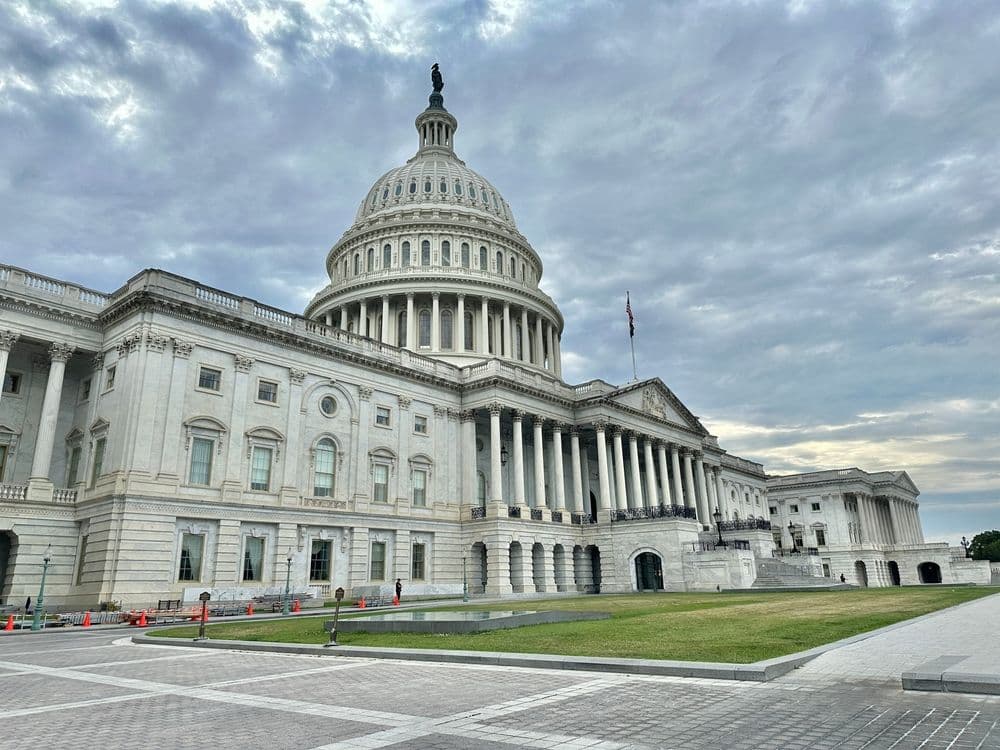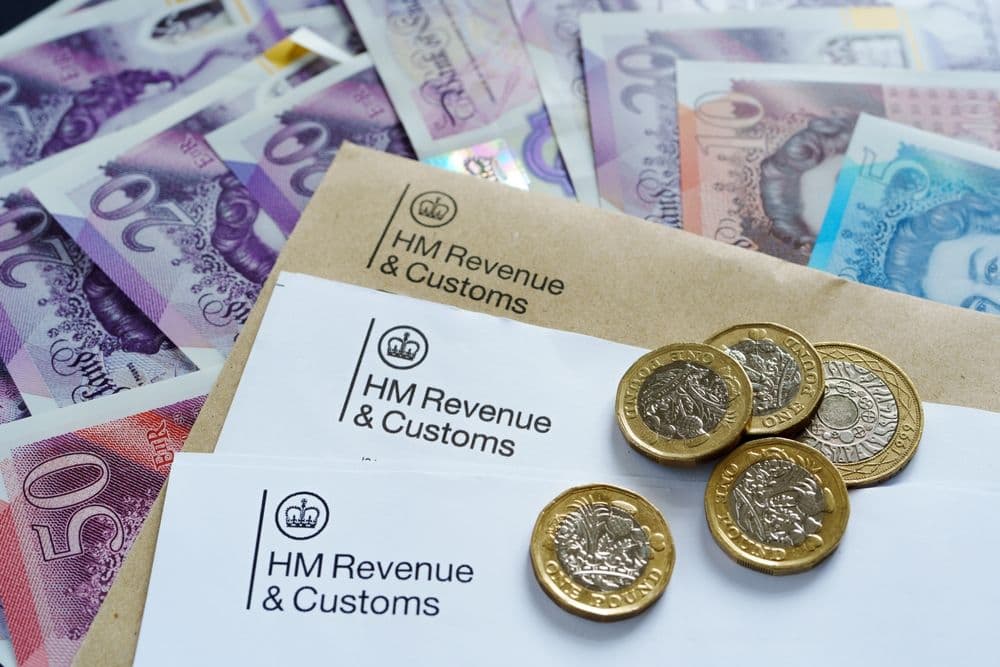Latest Taxes News and Insights | Yellow.com
Trust Yellow.com for the latest and most reliable Taxes news and insights. Stay informed with accurate updates, expert analyses, and comprehensive articles on Taxes trends and market movements.









